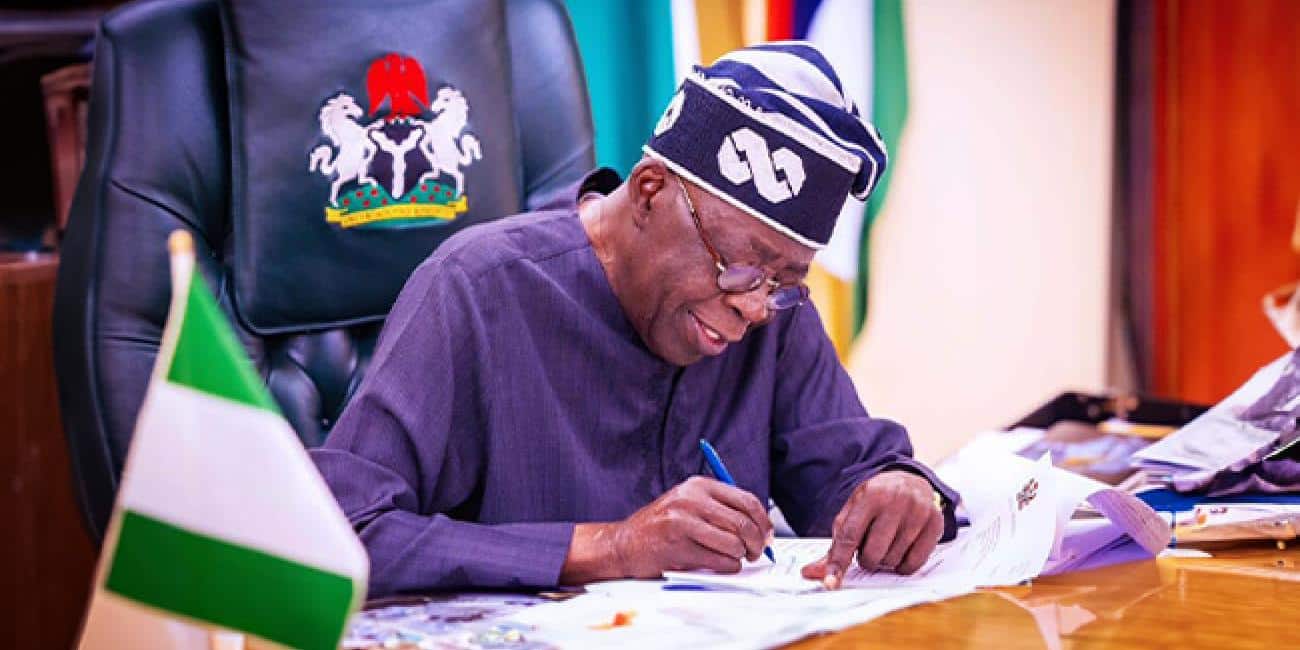With just four months left in office, US president, Joe Biden will address world leaders at the U.N. General Assembly on Tuesday, September 24 with wars in Ukraine, Gaza and a possible new frontier in Lebanon opening up.
His address comes after the Pentagon said on Monday it would send a small number of additional troops to the Middle East out of an abundance of caution.
Biden’s presidency has been dominated by foreign policy challenges from Russia’s February 2022 invasion of Ukraine to the Palestinian Hamas attack in southern Israel and hostage-taking last Oct. 7 and the resulting Israeli assault on Gaza.
A senior US administration official said Biden’s speech will give him an opportunity to talk up what he considers major achievements of his time in office. It would also allow him to ask the international community to support Ukraine and provide a diplomatic solution in the Middle East.
White House press secretary Karine Jean-Pierre told reporters on the Air Force One flight to New York that Biden will outline his “vision for how the world should come together to resolve these big problems and defend fundamental principles such as the U.N. Charter.”
Biden will speak to Ukraine President Volodymyr Zelenskiy about a new Ukrainian peace plan when they meet in Washington on Thursday. A U.S. official said the plan is probably much like previous plans calling for more weaponry and support for Ukraine’s fight.
“We support Ukraine’s pursuit of a just, lasting and comprehensive peace to this war. And the president is committed to providing the Ukrainian military with the equipment they need to strengthen their position,” Jean-Pierre said.
Biden’s U.N. speech will be the centrepiece event of a two-day visit to New York that includes a climate speech later on Tuesday and a meeting on Wednesday with To Lam, the president of Vietnam.
Ukraine, Russia, Gaza, Iran and China will most likely remain challenges for the next president, whether Biden’s successor is his vice president, Kamala Harris, a Democrat, or former President Donald Trump, a Republican.













